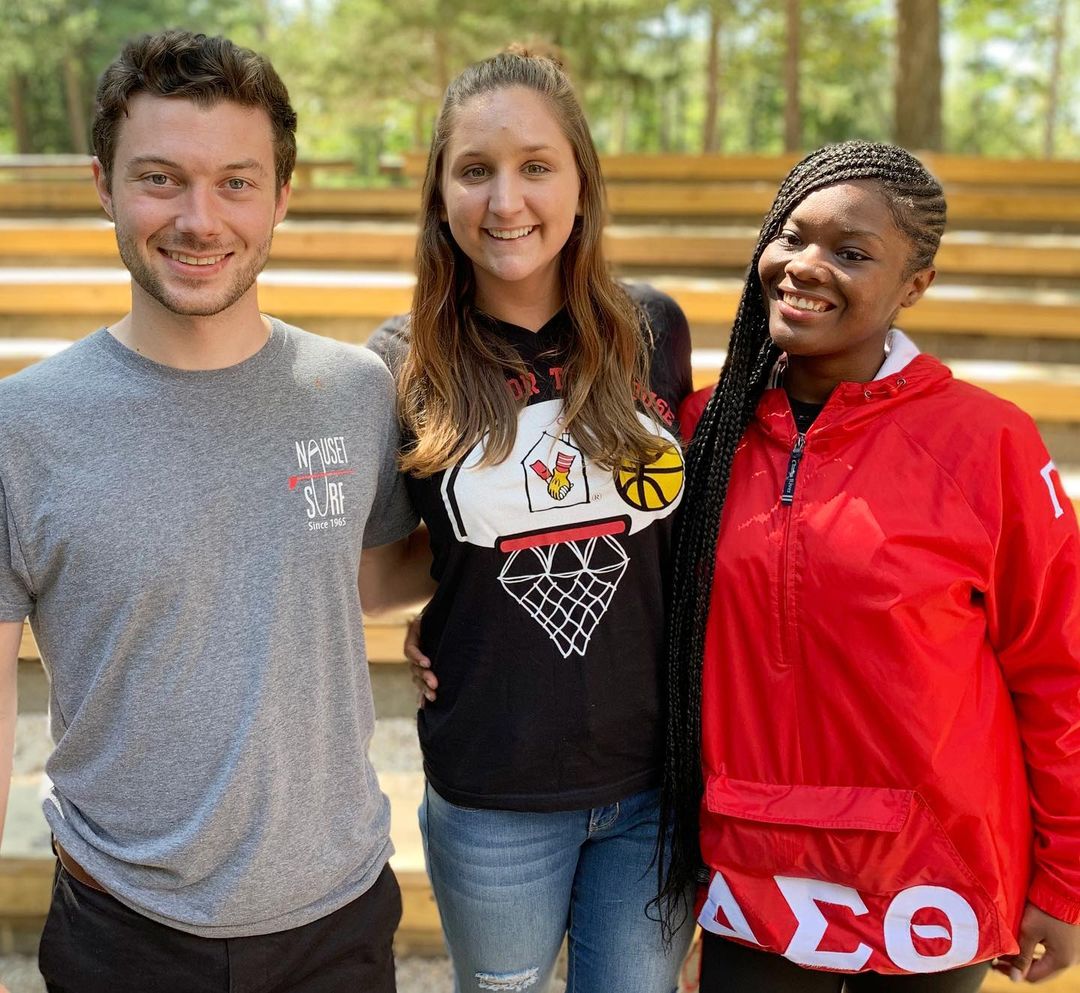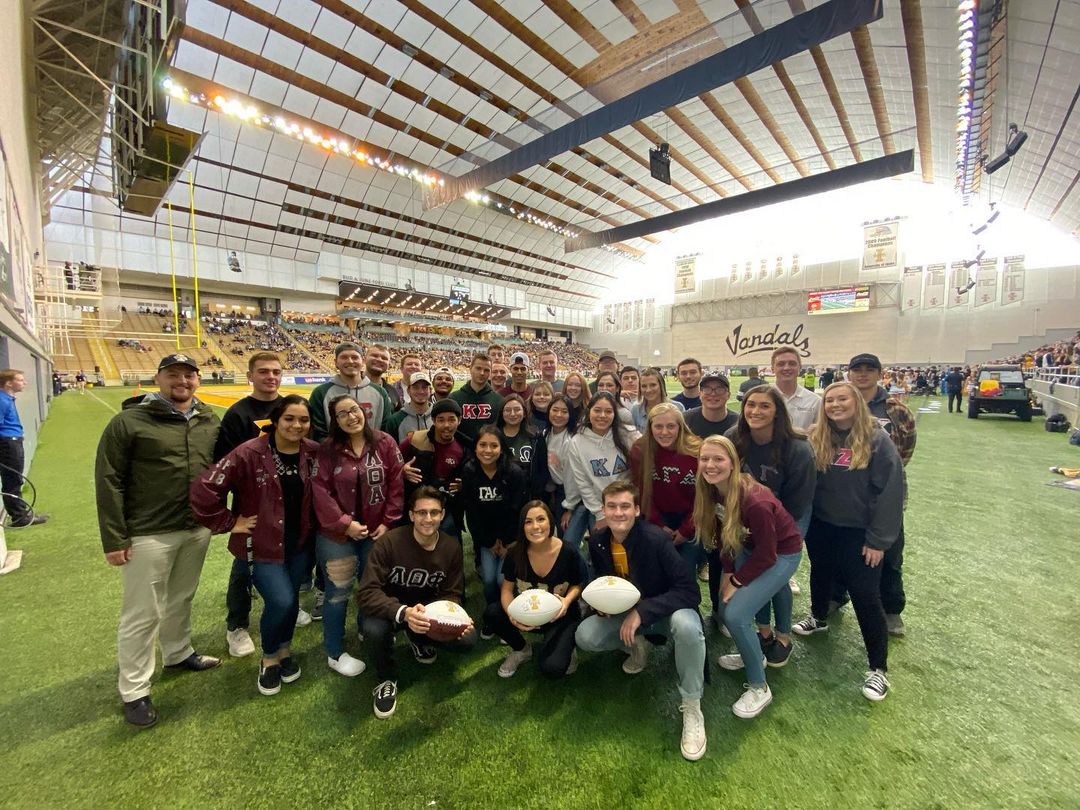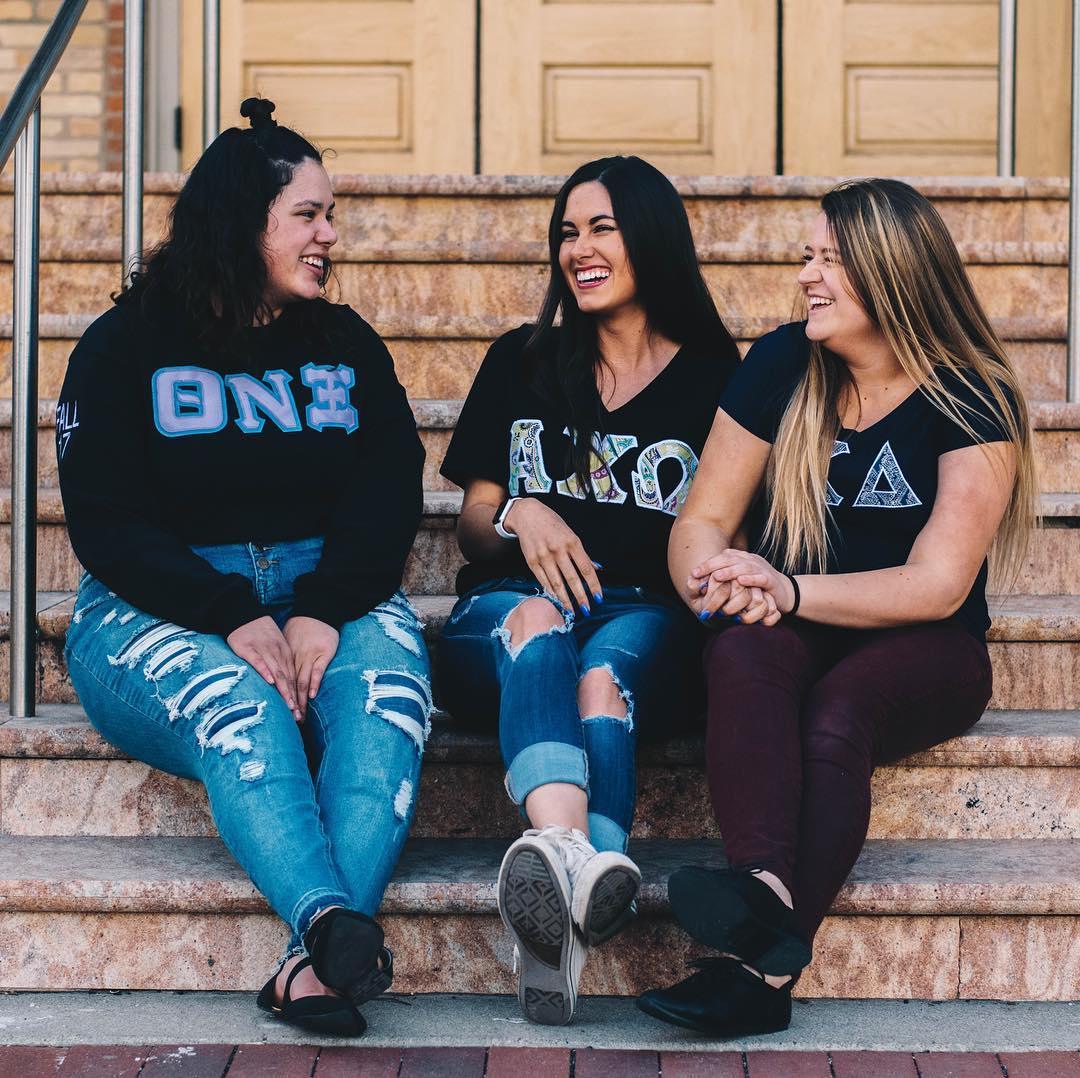Panhellenic organizations are among some of the oldest and most historic organizations on college campuses. Many National Panhellenic Conference (NPC) member organizations have well over a century of tradition, history and practice in event planning, governance and organizational management. While it can be easy to think about our College Panhellenics and individual chapters as experts on running fraternal organizations, we are often quick to forget our fellow students in fraternity and sorority councils outside of NPC.
As a collegiate member, I knew there were fraternities and sororities outside of the Panhellenic community. But, it wasn’t until I started working in fraternity and sorority life that I realized how little I knew about my fraternal counterparts and how much we have to learn from them.
In recent years, there has been such a large push by students to make the Panhellenic community more inclusive, open and sustainable. But, rather than looking at the successes of our fraternal brothers and sisters, we often seek help inside our own organizations. What if we built relationships with our fraternal counterparts on campus to see how they are thriving?
If your chapter or College Panhellenic is looking for fresh ideas, starting conversations with the other councils on your campus like the National Pan-Hellenic Council (NPHC), Multicultural Greek Council (MGC) or United and/or Independent Greek Council(s) is a great place to start.



Below are ways we can learn from fraternity and sorority councils outside of the Panhellenic community:
1. Fully embrace the idea of lifelong membership.
When we look at the major differences in our fraternal counterparts on campus, one of the things we see is Panhellenic women tend to think of their membership as only a collegiate experience. When we fully embrace the idea of lifelong membership, we can enjoy a richer experience long after our college years. Our sisters and brothers in NPHC have mastered this practice. Taking the time to connect with NPHC members on your campus about how they engage alumni members and foster those lifelong bonds can provide your chapter with new ideas to build a stronger sisterhood. Having the support of engaged alumnae will help strengthen your chapter and continue to empower future generations of sorority women.
2. Think about our organizations through a lens of community impact and engagement.
While our College Panhellenics and chapters are always striving to better our communities, we see too many chapters only working with the national philanthropic partners. Our local communities are making an impact and can benefit from sorority women volunteering for them. How can your chapter get involved? Combine sisterhood events with service opportunities for local organizations. Contact alumnae who might work with nonprofit organizations looking for volunteers. Develop partnerships with organizations furthering the same goals of our chapters. If we can think a little more like our peers in various councils and drive our chapter operations around positive community engagement, we can help make our organization more sustainable and intentional in what we do.
3. Rethink our recruitment strategy.
On many college campuses, a large number of students join NPC organizations through the primary recruitment process. While primary formal recruitment is great, we can appreciate and learn from the recruitment and intake strategies of our peers. Other councils recruit much differently than we do. The process is often focused more on the individual and the chapter – less about the numbers. If we can shift our mindset from thinking of the numbers first to thinking about the potential new members (PNMs) first, we can improve our retention and member engagement down the line. Numbers are important – they are how we grow and thrive as organizations. But, a simple shift in the order of thinking could provide some clarity and freshness to our recruitment strategy. If you are a recruitment officer for your chapter or council, you might ask your counterparts in other fraternal organizations if they’d be willing to share with you how their organization recruits and what successes and challenges they face. While you still need to follow guidelines in place for recruitment, there are ways you can put more emphasis on the conversations and the PNMs.
4. Connect more intentionally with campus partners.
If your organization or chapter is looking to build stronger and more intentional connections with campus partners, you need to look no further than our fraternal peers. At the campus I currently work at, I am amazed at the strong connections our NPCH and MGC students have made with various offices, organizations and academic departments on campus. From hosting conferences that benefit their communities to having 10-year relationships with their faculty advisors, these groups can teach us so much about fostering relationships with campus partners. I would encourage your chapter or council to think about what kinds of relationships you want to build. Then observe the ways your peers on campus excel in this way. Can you find connections in your goals and how other organizations build partnerships?
This list is not exhaustive but hopefully provides you with some insight into how we can learn from other fraternal councils. If you have not taken the time to learn about the rich history and traditions of our peers on campus, I’d encourage you to do so. It is important to draw knowledge and wisdom from many different places, and in this case, you don’t need to look far at all! Perhaps the student sitting next to you in class or your counterpart in another chapter on campus can provide the context and wisdom to help you to think in new ways.